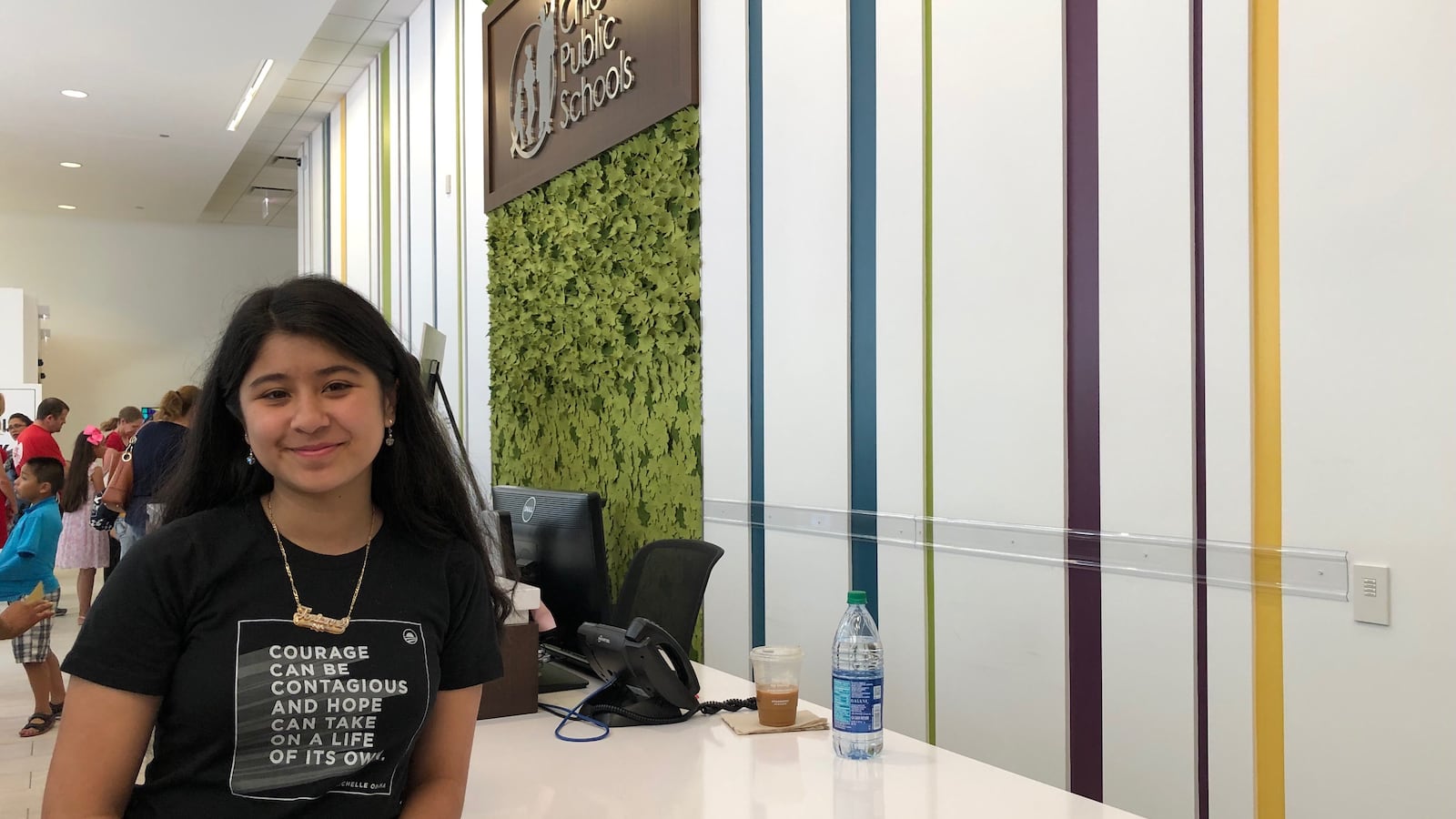As Illinois moves to legalize recreational marijuana, Chicago schools have downgraded their categorization of students’ use of alcohol and drugs in schools from the most serious type of misconduct to a lesser infraction with milder penalties.
That means that those caught smoking weed, for example, will no longer face the possibility of expulsion.
The reforms are among changes to the Chicago Public Schools student code of conduct approved by the new school board at its first meeting Wednesday.
The code of conduct also for the first time lays out penalties for students using vaporizers in school, more clearly defines bullying, and spells out differences between consensual and non-consensual sex acts among students. It also includes a new student bill of rights that covers the right of students to fully understand any punishment meted out to them, and the right to free public education and safety in school.
The district developed the code in partnership with youth groups.
School board member Elizabeth Todd-Breland applauded the district inclusion of students in crafting the code of conduct, particularly the bill of rights.
“This should be a document to hold us accountable,” said Todd-Breland, a district parent and a history professor at the University of Illinois at Chicago whose work has focused on the role of student boycotts and teachers strikes.
Jovianne Katie Ojeda Degillo, a rising sophomore at Westinghouse College Prep in Garfield Park, worked on the code. She belongs to Preventing Alcohol Abuse in Chicago Teens that brought together students with the community group Voices of Youth in Chicago Education and medical experts from Lurie Children’s Hospital to suggest the changes to policies covering alcohol and drug use.
Degillo said she saw students who would get in trouble for self-medicating with alcohol or drugs. The change, she hopes, will move schools away from from disciplining students and instead towards guiding them to counseling or other services.
“I would see a change in my friends and how they would react to getting mental health resources at school,” said Degillo, who helped research a March 2018 report from Voices of Youth that looked at the costs of addressing drug or alcohol dependency through discipline policies instead of restorative practices.
More than 7,000 discipline infractions in Chicago were recorded in the most serious misconduct categories last school year, which include theft and sexual harassment. Meanwhile, more than 35,000 infractions were meted out in the two middle categories, which now include using or possessing drug or alcohol, along with gambling and plagiarizing.
Discipline reform advocates applauded the endeavor, but hope to see the district providing resources to give students another option besides being written up for an infraction.
“It’s encouraging to us that they [Chicago Public Schools] are viewing drug possession in a more restorative and treatment-focused way,” said Ashley Fretthold, an attorney at Legal Aid Chicago. But, she said, few of the student clients she has represented who were charged with drug use were offered therapeutic alternatives.
“We remain concerned that substance abuse counseling resources and referrals are not really being implemented by CPS. We don’t see counseling referrals being made by schools in cases involving students and drug possession.”
Degillo said she will continue working to reform school discipline. She wants to see drug and alcohol use in school categorized even lower and hopes to schools will offer students more help.
For now, she’s ready to celebrate the change. “This is a really big thing for CPS, as they are attacking racial equity,” she said.


